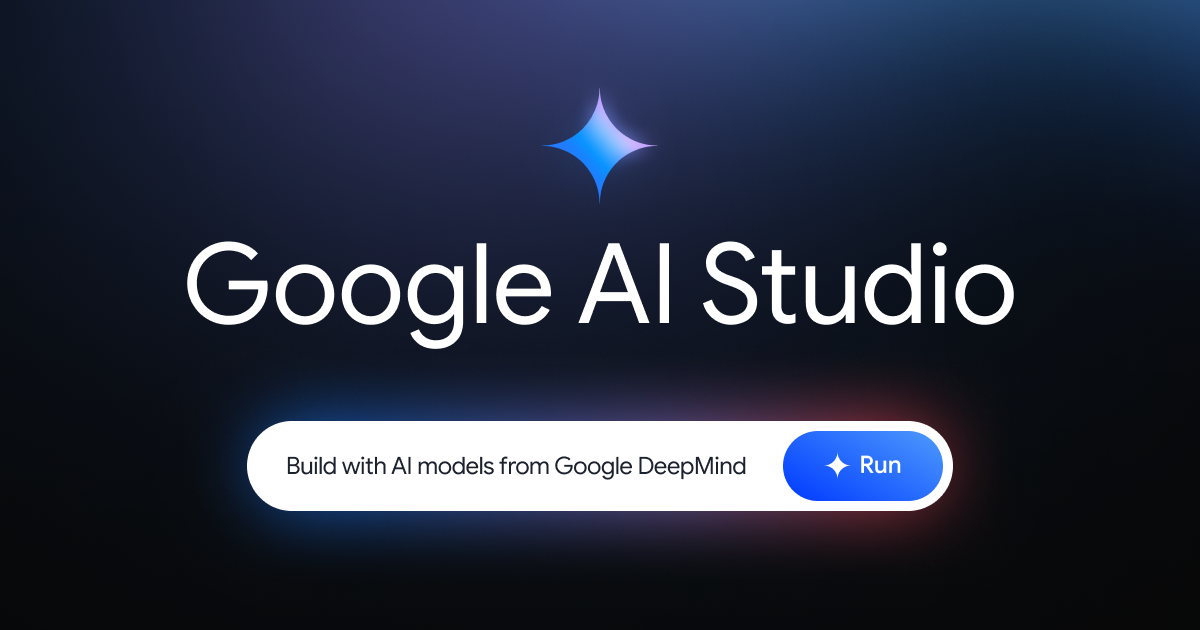Reasons to be optimistic (about AI)

I am the eternal optimist.. so I really loved this image from the video below and wanted to share three interesting YouTube vids that inspired me for todays' post.
I'm very conscious of the "overwhelming" nature of AI tools and information, and I do consume a lot of it and try here to share useful insights, and distill it down.
Strategic Innovation: Martin Warner on Human-AI Collaboration
Warner's perspective resonates deeply with what I'm seeing across industries. Rather than viewing AI through the traditional lens of automation and displacement, forward-thinking organizations are reimagining it as a catalyst for human potential. This shift in mindset transforms the narrative from "AI versus humans" to "AI amplifying human capabilities."
Key Business Implications:
- Leadership teams must develop AI literacy while doubling down on uniquely human skills
- Organizations need frameworks for ethical AI deployment that aligns with corporate values
- Investment in change management becomes crucial for successful AI integration
Operational Excellence: Gemini 2.0's Impact on Enterprise Learning
The introduction of Gemini 2.0 signals a fundamental shift in corporate learning and development. Having worked with numerous organizations on digital transformation initiatives, I've observed that the bottleneck often isn't technology – it's scaling expertise. Gemini's approach addresses this head-on.
Strategic Considerations:
- The democratization of expertise can accelerate innovation cycles
- Personalized learning paths can reduce time-to-productivity for new hires
- 24/7 learning availability creates competitive advantages in global operations
Research & Development: Dr. Harrer's Vision for AI-Powered Innovation
Dr. Harrer's insights particularly resonate with R&D-intensive industries. The concept of AI as a lab assistant represents a paradigm shift in how organizations approach innovation. This has profound implications for competitive strategy and resource allocation.
Business Impact Analysis:
- Reduced time-to-market for new products and services
- Enhanced research efficiency through intelligent automation
- New possibilities for cross-disciplinary innovation
Looking Ahead: Strategic Priorities for Business Leaders
The convergence of these perspectives points to several critical priorities for organizations:
- Cultural Transformation
Build a culture that embraces AI as an enabler of human potential rather than a replacement. This requires leadership that can articulate a compelling vision for human-AI collaboration. - Capability Building
Develop a systematic approach to building AI capabilities across the organization. This goes beyond technical skills to include ethical considerations and strategic thinking. - Ecosystem Development
Create partnerships and alliances that accelerate AI adoption while maintaining focus on core competencies.
What makes this moment particularly exciting is the opportunity to shape how AI evolves within our organizations. Like the early days of e-commerce, those who move thoughtfully but decisively will likely emerge as leaders in their industries.
The path forward requires balancing optimism with pragmatism, innovation with responsibility, and efficiency with humanity. By keeping these principles in mind, organizations can harness AI's transformative potential while creating sustainable value for all stakeholders.
("this post was assisted by ChatGPT and then Refined with Claude.. the writers LLM)

I wanted to share the link again to Google Studio, which is not the same as the general Gemini interface and is free to use without payment.




Member discussion